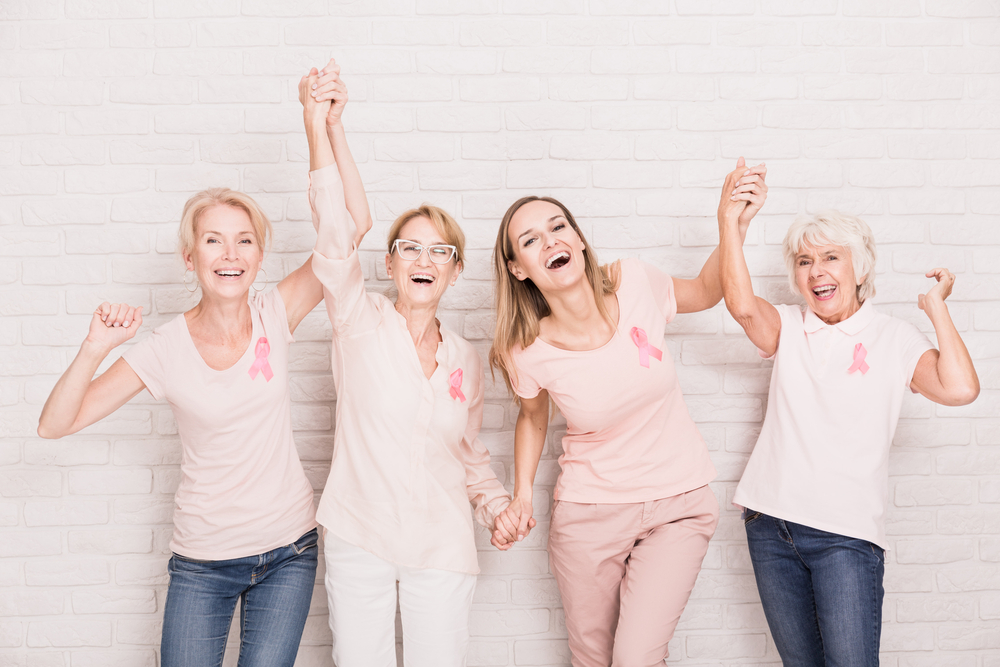Should care be different?
Written by Michael Richardson
About 5 percent of women with breast cancer are under 40. With age, risk increases. Women over 70 experience the highest rates; about a third of those diagnosed are older than 70.
The problem is, according to the American Society of Clinical Oncology, the “geriatric population is under-represented in clinical trials in oncology—especially those for breast cancer. And therefore, clinicians have less research to base their treatment recommendations on.”
Various reasons explain why older people aren’t gathered into clinical trials; things like comorbidities, cognition and a host of other factors play a role. A lot of trials require good health, adequate organ function, etc.
Many of the guidelines for treating older women with breast cancer have mainly come from testing in younger people. That isn’t to say these recommendations are bad. But new trials are being designed with the older population in mind, considering the large geriatric population with breast cancer that could be helped with more targeted recommendations.
Why do older women get breast cancer more frequently?
Increased risk of cancer in the aging population may be attributed mainly to two things: accruing damage to DNA and decline in the body’s defenses against tumor growth. DNA is damaged when a person is exposed to carcinogens, radiation and viruses. Also, cumulative processes in the body damage cellular structures. Basically, the formation of cancer takes time, and therefore older people are at higher risk.
Treating Breast Cancer In Older People
One important idea spreading among the geriatic oncology community is that it is better to use life expectancy to determine treatment options, rather than age. It is wrong to start treatment on a foundation of “this patient has lived a good life.” A 70-year-old, for example, may have 15-20 years left to live, and cancer treatment should start with that as a basis for treatment.
Treatment teams should consider the functional age of a patient, rather than just their chronological age. This means that some women over 70 may be able to handle treatment regimens designed for a younger person, simply because their body has maintained younger characteristics.
Patient preference is also important for this population. Every patient should feel in control of their situation, and should be able to live life as they see fit. Maybe a patient simply wants to make it to a wedding in a year without inhibiting side effects, or to live independently. Physicians should consider the independent preferences of their patients. A diagnosis of cancer should not automatically initiate certain treatments.
Lastly, women over 70 will likely have other health conditions they are dealing with at the same time. Treatment teams have to consider this as they determine treatment choices.
Age related factors in treatment outcome
Treatment teams must carefully assess potential risk factors, and how that might affect outcome of the treatment. Often the case is that a older person has experienced major decline in physiological functioning, which can include cardiovascular health, liver function, etc. All these factors influence a patient’s ability to deal with surgery, radiation, chemotherapy and other treatments.
Other factors that should be considered which sometimes aren’t include mental health, emotional stability, and family support. All of these things can affect outcomes.
Research suggests that many older women do handle breast surgery well, however. Mortality rates are low. Research suggests that hormonal treatment is not as effective as surgery in older women.
Options
Older women should be offered the option of breast conservation when it is medically appropriate. It is erroneous to assume that older women somehow care less about body image than younger women.
Recommendations from the International Society of Geriatric Oncology (SIOG) say that women over 70 should be offered the same surgical options as younger women. This may include breast conservation therapy, lumpectomy and axillary lymph node sampling. Studies of elderly women show that they prefer breast conservation therapy over mastectomy.




No Comment